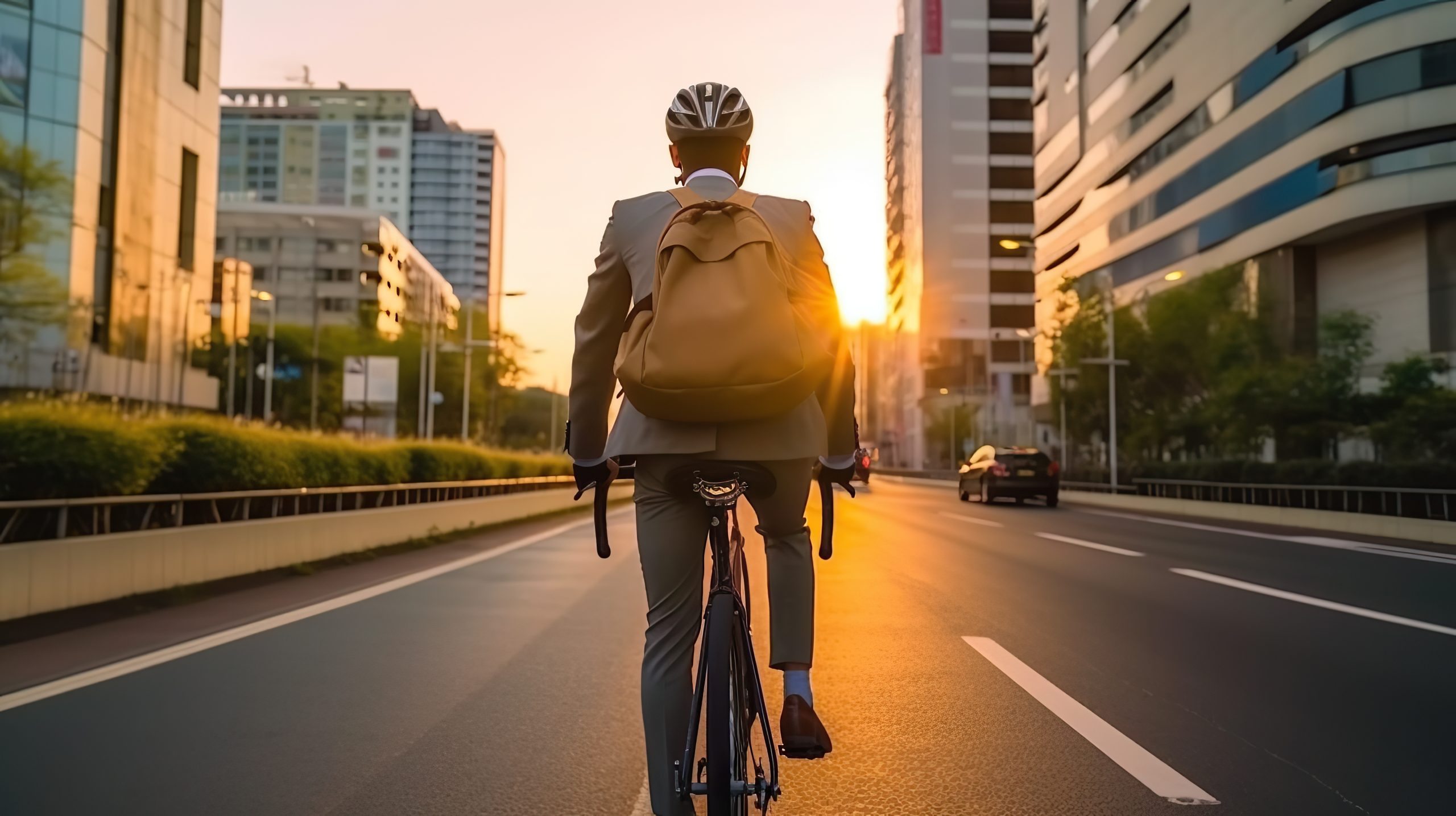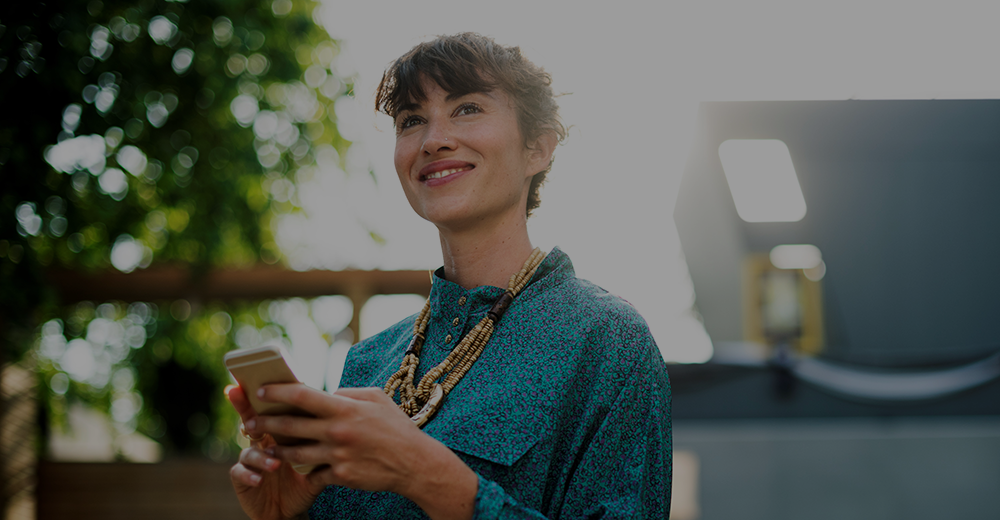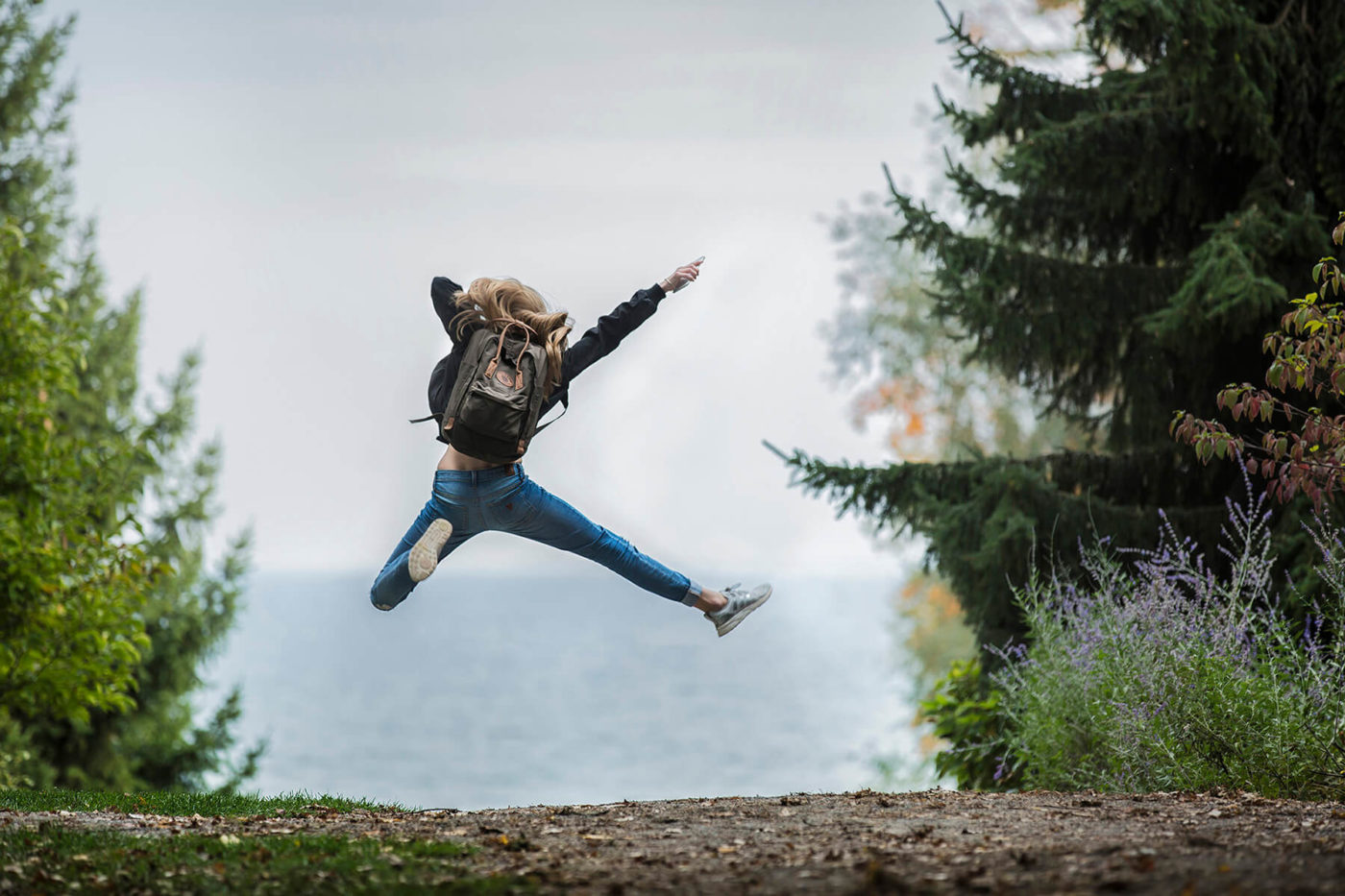
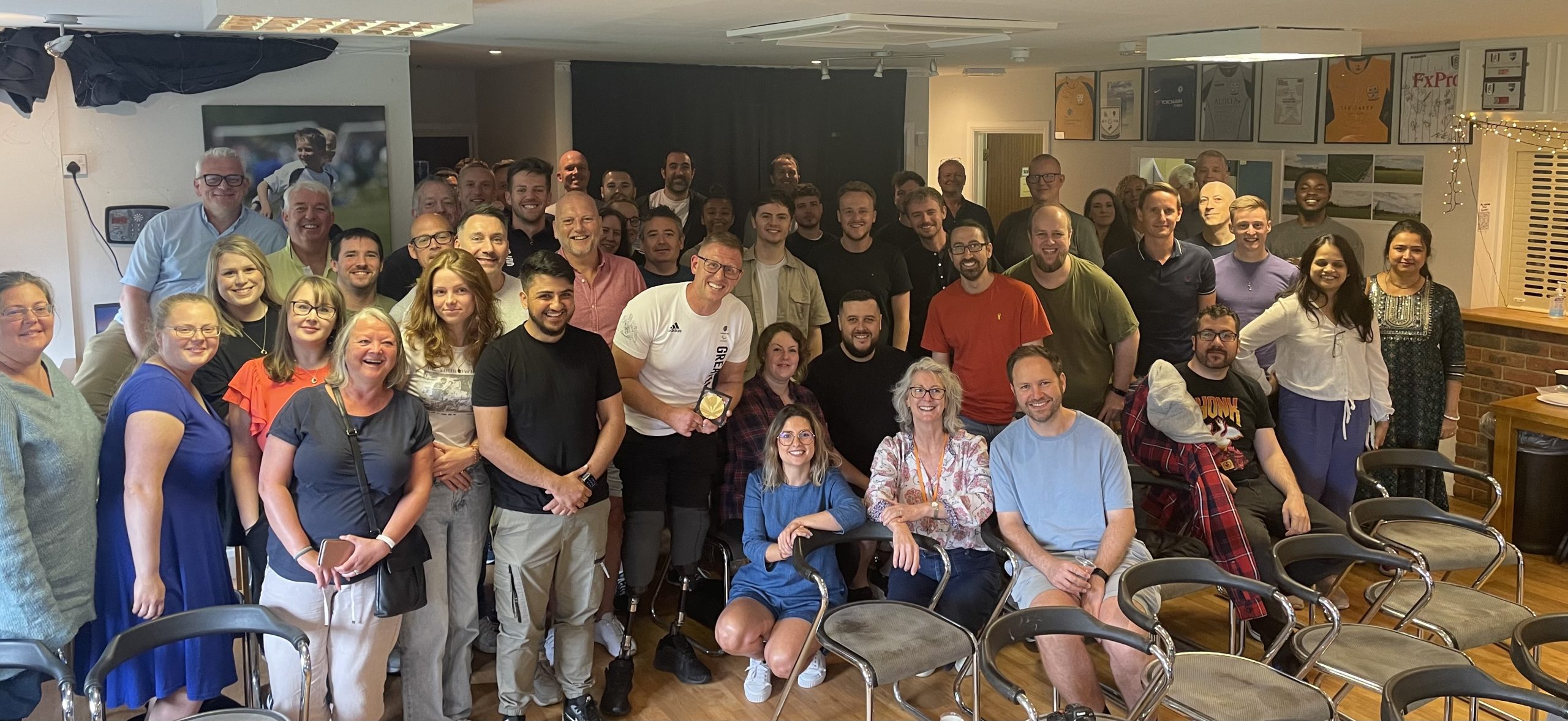
Exclusive Zest wellbeing interview: Paralympic gold medalist Aaron Phipps
‘Life throws curve balls; it’s all about how we deal with them.’
Courageous. Determined. Brave. And in Tokyo, Lionhearted.
The 2021 Paralympics would change the face of British Wheelchair Rugby for the better. As the tears flowed and the celebrations began, for one man at the centre of their gold medal heroics, it capped another success in a life journey that’s nothing short of inspirational.
The first disabled person to ever scale Mount Kilimanjaro unassisted, including four days spent crawling on just his hands and knees, Aaron Phipps MBE smiles in the face of adversity. Zest recently chatted to Aaron about his career and how wellbeing has played a major role in his day-to-day life.
Overcoming the unthinkable
Connecting with us via his hands-free device, Aaron effortlessly talks through his first major hurdle in life, stopping briefly to comment on the Monday morning traffic he’s weaving through on the way to training.
At the age of 15, the Southampton-born youngster contracted Meningitis C, quickly developing blood poisoning, better known as Meningococcal Sepsis. Both his legs would be amputated from the knee down, and Aaron would spend a year in hospital recovering and receiving treatment.
At such a young age, nobody is prepared for the mental challenges that come with what Aaron experienced. But after coming to terms with what had happened, his attitude towards life and what was to come changed almost overnight.
‘Early on, obviously it was ridiculously tough. Hearing some of the things that have to happen. Your mindset looks towards thinking you’re never going to be the same again. How am I going to cope and what about the things you can’t do anymore.
‘I was pretty negative as a teenager, but through this experience something clicked and changed my mindset. Overnight I was different. Becoming an amputee gave me such clarity on life. On my mortality, on normal stuff. It made other things look easier. If you really want a kick up the bum, nearly dying will do that for you.’
As Aaron continued to recover, he progressed through rehab and was given his first set of prosthetic legs. When it came to mental wellbeing, his first thoughts were towards the everyday life of someone his age. Growing up, hormonal changes, and of course, thinking about a girlfriend.
But a sporting career soon came calling, and Aaron insists that doing any form of activity is the perfect way to improve your health and wellbeing.
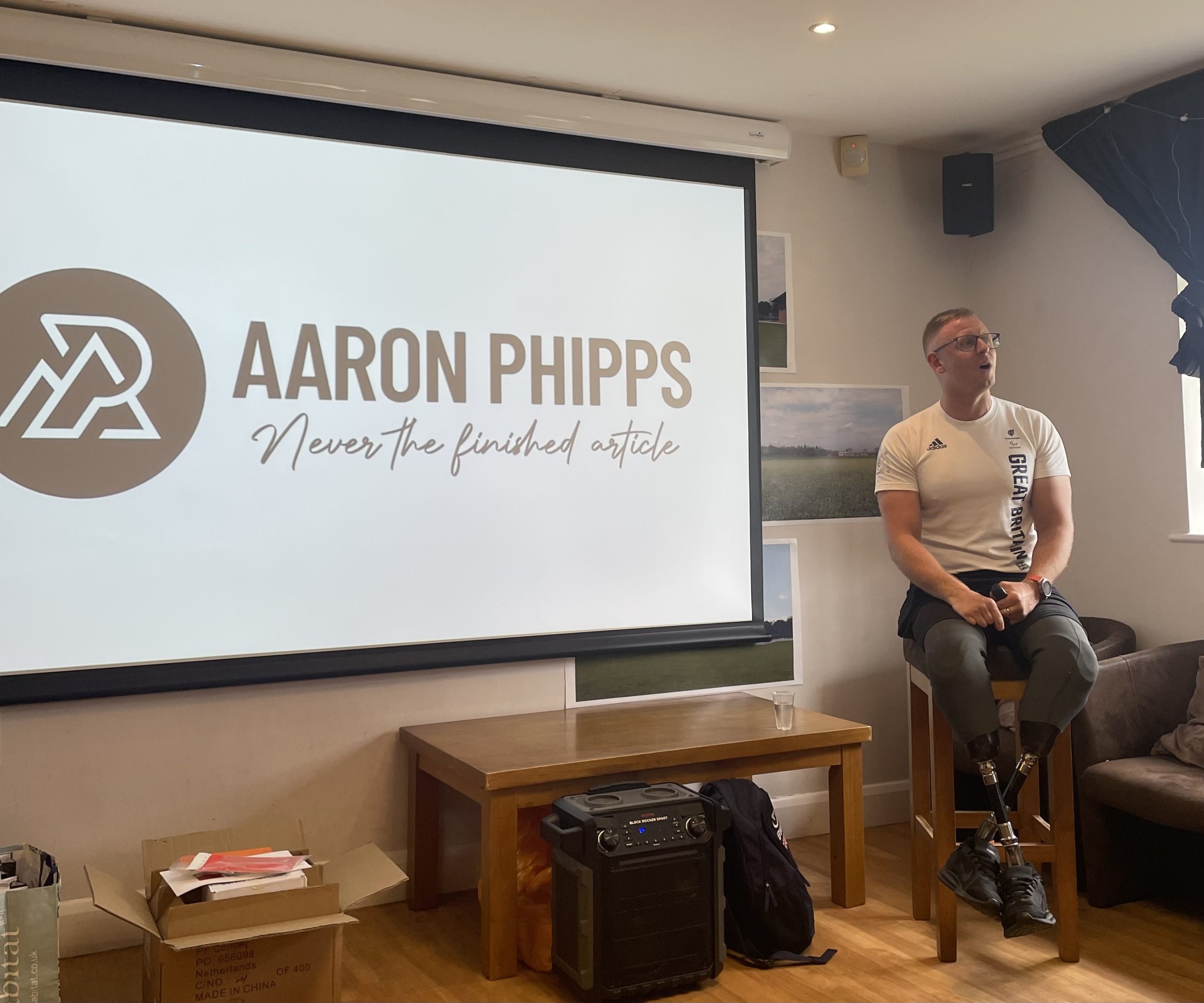
‘Be active, your body’s a machine’
‘For anyone out there, you can improve your health and wellbeing by doing an activity. If you don’t do anything, just doing something is a 100% improvement, which is a mental challenge already conquered.
‘I was in intensive care, and I had people telling me I would one day do a marathon. When you get prosthetics, you’re going to run a marathon. I wanted to raise money for charity, so I did a local 10k race on a whim, in an everyday wheelchair. I got beat but loved it and fell into sport.
‘Your body’s a machine. If you’re sat curled up looking at your phone constantly, you’re not going to feel great. Get your heart pumping, improve your wellbeing. If you hate it, there’s ways to do it efficiently. Go to a spin class, it only takes 20 minutes.
‘Don’t forget nutrition can play a major part in your wellbeing.
‘It’s such a simple thing to get wrong. If you eat crap, you’ll feel crap. Our bodies are designed for nutrition, vitamins, all those minerals that it craves. I eat relatively healthy because I’ve been an athlete for so long. Do the simple things. Hydrate your body. Drink two litres of water a day. After all, drinking water is free.’
The perfect support network
As the old saying goes, family is everything!
When the final buzzer sounded in Tokyo, Aaron’s family were captured back home celebrating wildly. His wife Vicky, his daughters Ella and Chloe, they have been his rock, his biggest fans. Arriving back home from Japan, it’s hard not to shed a tear as Aaron is greeted by his girls at the airport.
They’ve walked hand-in-hand with him through his sporting ventures, having such a positive impact on his mental wellbeing. And every challenge Aaron faces, he always considers his loved ones first.
‘Every decision I make, I always think about how it will affect the girls. They’re everything for me. My priority. I wouldn’t have gone back to Wheelchair Rugby in 2017 if it wasn’t for their support. My mum and dad were there for me when I was first ill to give me a cuddle when I needed it, or even a kick up the bum. Without them all I’d be lost and it’s such a positive for your mental wellbeing.’
The ultimate wellbeing advice
With a wry smile on our face, we then ask Aaron about the greatest piece of wellbeing advice he’s been given, knowing it may take some time to consider which nugget of gold has served him best.
But much to our surprise, he’s unfazed, fondly recalling a chat with the Sports Psychologist who helped mentally improve his wellbeing over the years.
‘As a speaker, I get to hear plenty of other people speak about it, whether it’s mental, physical or simply about progression.
‘For me, it was speaking to David Warner. It bases around not thinking about sport as much, which I know can sound stupid as an elite athlete. But sometimes it was overwhelming. I started to panic. As we get a little bit older and a little wiser, we realise some of the troubles we face aren’t as big as they seem. We don’t need to blow things out of proportion or have a negative expectation of something to come.’
And what wellbeing tips can we take from sport and transfer to everyday or corporate life?
‘Always try and have a support network. People you can turn to and talk openly to when things aren’t quite going to plan. Sleep is free too. Get your eight hours and try to switch off from your phone earlier than usual.
‘You’ll feel so much better. You need to make the most of general day stuff that people probably don’t benefit from. Don’t be afraid to talk to someone, whether that’s socially or professionally.’
As our conversation draws to a close, we pose Aaron one final question around wellbeing, focusing on others that have experienced a life-changing illness or accident. Those who might be sitting there thinking ‘where do I go from here?’
‘Meet people who have been through similar circumstances. I did the same and after listening to them I suddenly realised I’m not the only one. Look at charities, don’t try to do it on your own. You can always speak to family, friends, a doctor or even someone at work. You’ll have to reprogramme your brain.
‘There can be a stigma about talking. I didn’t want to talk at first, but it has helped my wellbeing incredibly.’
If you want to know more about Wheelchair Rugby, or The Meningitis Research Foundation, a charity Aaron has raised over £250,000 for, then visit the following links:
GB Wheelchair Rugby – https://gbwr.org.uk/
The Meningitis Research Foundation – https://www.meningitis.org/
Related articles
Ready to find out how we can Zestify your business?
